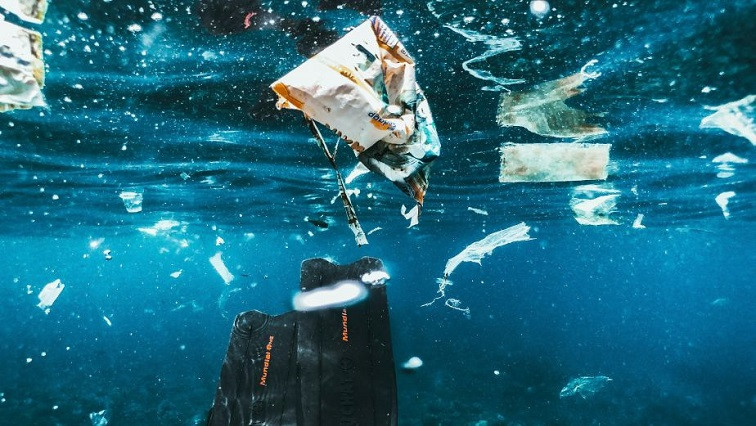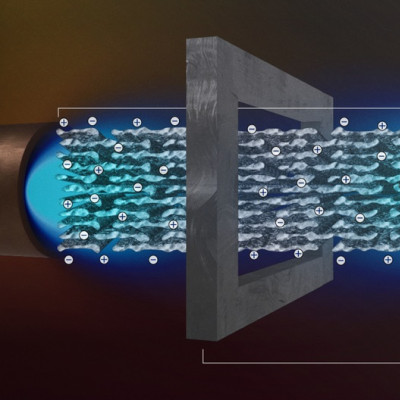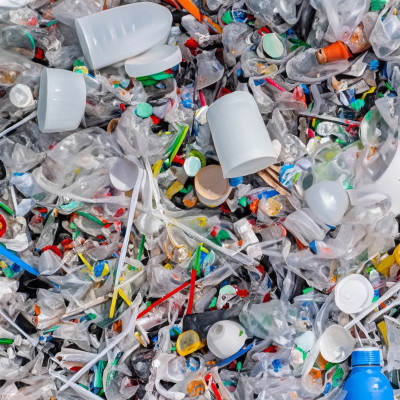JCU Professor Mohan Jacob said some plastic waste degrades into smaller fragments, often reaching micron sizes.
“These microplastics are notorious for their non-degradable and insoluble nature in water and are an evolving threat to fish and animals and humans,” said Professor Jacob.
JCU’s Dr Adeel Zafar said microplastics’ characteristics enable them to absorb organic pollutants.
“Once they are in water they are ultimately integrated into both marine and human food chains. Disturbingly, microplastics disrupt marine life and coral reproduction,” said Dr Zafar.
He said the recycling of microplastics faces significant challenges due to labour-intensive separation processes and high costs, resulting in very low resource recovery globally.
“Upcycling, which involves transforming plastic waste into higher-value materials rather than simply breaking it down, has a high demand,” said Dr Zafar.
The team ground up plastic bottles into microplastics and then used the new Atmospheric Pressure Microwave Plasma synthesis technique to convert the debris to graphene – a one atom thick carbon material that is harder than diamond, 200 times stronger than steel and five times lighter than aluminum - the use of which is burgeoning in several industries.
“Approximately 30 mg of microplastics produced nearly 5 mg of graphene in 1 minute. This production rate is remarkably higher than achieved previously, and offers a simpler, more environmentally friendly alternative to current techniques,” said Dr Zafar.
He said the research marks a significant milestone in the field. The graphene produced could be used for several applications including the manufacturing of various sensors and water purification, including the absorption of PFAS.
“The research not only pioneers a novel approach to graphene synthesis but also contributes to the broader goal of mitigating the adverse effects of microplastic pollution on our ecosystems,” said Professor Jacob.
Read the original article on James Cook University.







